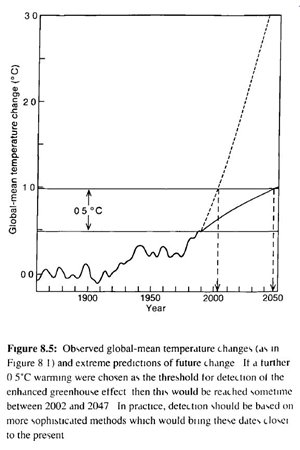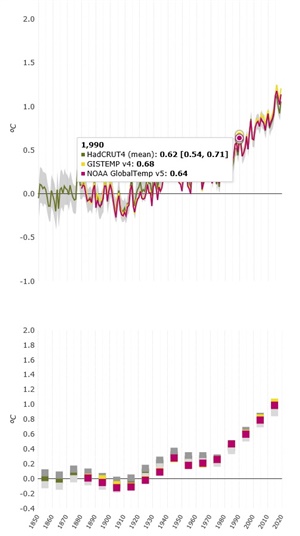Roger Bryant:
What does ’Net Zero’ mean? Is it the same as ‘CO2 Neutral’?
Yes, they are much the same thing. It's not a difficult concept, though some people like to pretend it is. If you want to do something that emits CO2, then you also need to do something else that absorbs CO2.



'Climate and finance think-tank Carbon Tracker has found that the world’s biggest oil companies are trailing behind where they need to be on their decarbonisation commitments, with many being unhelpfully selective in how they define ‘net zero’'
'And the European Academies’ Science Advisory Council, which represents Europe’s top scientists and Britain’s Royal Society, says woody biomass ‘may even increase the risk of dangerous climate change’.'
We're about to take you to the IET registration website. Don't worry though, you'll be sent straight back to the community after completing the registration.
Continue to the IET registration site